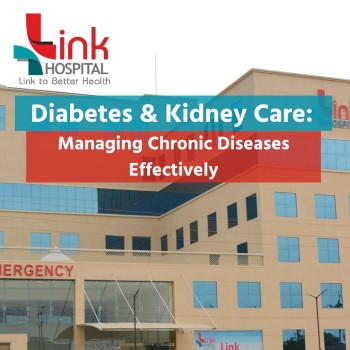Obesity is a prevalent medical condition
characterized by an excessive accumulation of body fat, leading to an increased
risk of various health complications such as elevated blood glucose and blood
pressure levels, and cardiovascular diseases, among others.
The reduction of excess body fat can
significantly enhance overall health outcomes. Even a modest weight reduction
can profoundly impact an individual's health status.
Classification of Obesity:
Healthcare professionals categorize obesity
into three distinct classes based on the body mass index (BMI), a measurement
that compares an individual's weight to their height. However, it's crucial to
note that BMI has inherent limitations but serves as an indicator for
obesity-related health issues.
The three classes of obesity, aiding healthcare providers in
tailoring specific treatment strategies, are as follows:
●
Grade 1: BMI 25 to 29.35 kg/m²
●
Class II: BMI 30 to 34.9 kg/m²
●
Class III: BMI >35 kg/m²
Overweight: 23- 24.9 kg/m²
Obesity: Symptoms and Diagnosis:
Obesity generally does not manifest specific symptoms, and its
diagnosis typically relies on clinical assessments such as:
●
BMI exceeding 25 kg/m²
●
Accumulation of excessive
abdominal fat surpassing other body areas
●
Waist circumference exceeding
90 cm in men or 80 cm in women.
Causes and Risk Factors:
The development of obesity is multifactorial, involving genetic,
behavioural, metabolic, and hormonal factors. However, the primary cause is an
imbalance between caloric intake and expenditure, resulting in weight gain over
time. Several risk factors contribute to this imbalance:
●
Consumption of fast food and
junk food high in sugar, saturated fats, and low in essential nutrients
●
Intake of sugary foods and
beverages leading to calorie surplus
●
Psychological factors such as
stress, anxiety, and depression trigger binge eating
●
Hormonal imbalances affecting
hunger and satiety signals
●
Certain medications like
antidepressants and diabetes drugs cause weight gain as a side effect
●
A sedentary lifestyle and lack
of physical activity
●
Ageing-related hormonal changes
and reduced activity levels
●
Weight gain during pregnancy
and postpartum challenges in weight management
●
Sleep disturbances affecting
appetite-regulating hormones
●
Stress-induced eating habits
leading to calorie excess
●
Gut microbiota composition
influencing weight regulation
Complications Associated with Obesity:
Obesity predisposes individuals to various serious health
complications, including:
●
Cardiovascular diseases such as
hypertension and dyslipidemia
●
Type 2 diabetes due to insulin
resistance
●
Gastrointestinal issues like
gastroesophageal reflux disease and gallbladder disease
●
Joint problems including
osteoarthritis and musculoskeletal pain
●
Respiratory disorders like
sleep apnea
●
Non-alcoholic fatty liver
disease and liver cirrhosis
●
Increased risk of various
cancers including breast, colon, and prostate cancer
Conclusion
Obesity represents a chronic health
concern characterized by excess body fat deposition, contributing to multiple
health risks. Lifestyle modifications, including dietary adjustments, physical
activity, and medications, are essential in managing and preventing obesity.
Surgical interventions and lifestyle changes may also be considered in severe cases to improve overall health outcomes.











